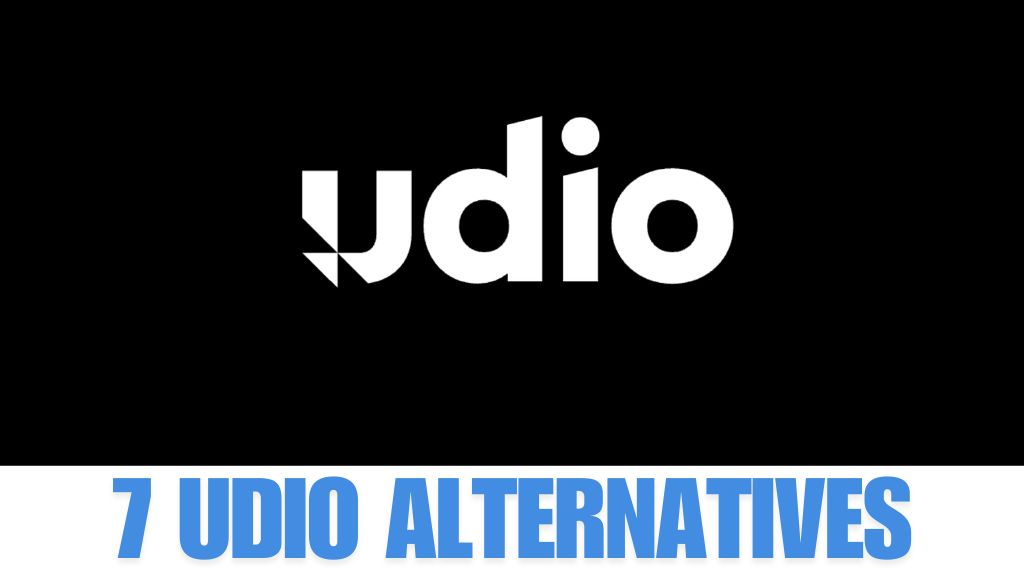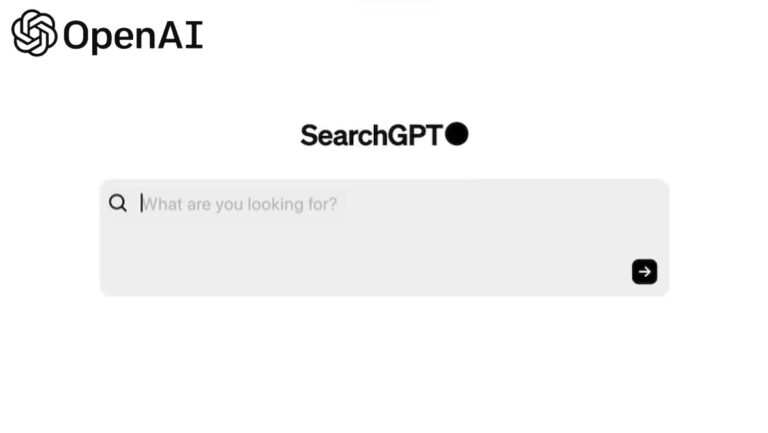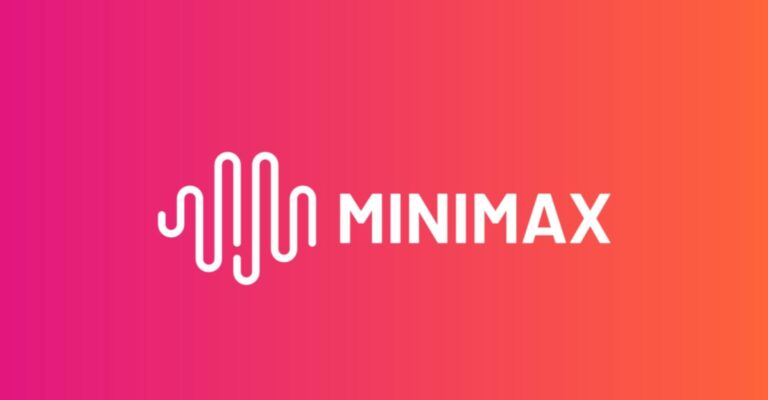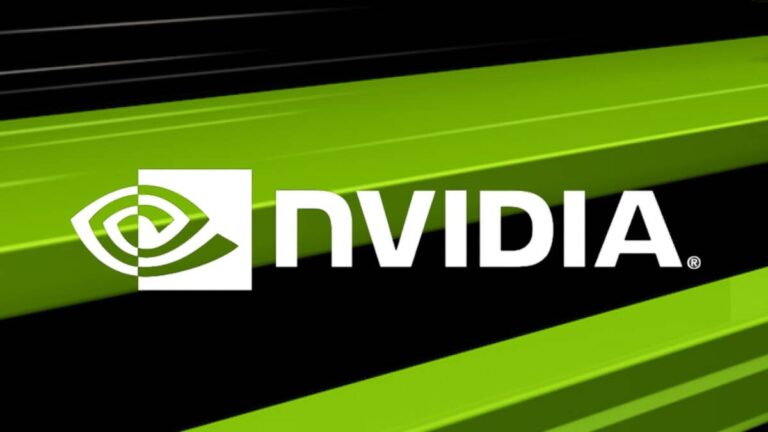7 Best AI Tools Like Udio: Create Music in Minutes

Hey there, music lovers and tech enthusiasts! Isn’t it amazing how AI is changing the game these days? One area where it’s making huge waves is music generation. We’re talking about tools that can whip up full songs from just a few words or a simple description! And leading the charge is Udio, an AI music generator that’s become pretty popular for its user-friendliness and seriously impressive output.
Now, while Udio is fantastic, it’s not the only player in town, and it’s certainly not perfect. That’s why we’re here today – to explore some of the best alternatives to Udio for making music with AI. Whether you’re a seasoned musician, a casual creator, or just someone who loves playing around with new tech, there’s something here for you. So, let’s dive in and see what else is out there!
Want to listen instead?
About Udio and Its Core Features
So, what exactly is Udio, and why all the hype? Well, Udio is a music-generation AI tool created by some smart folks who used to work at Google DeepMind. It’s designed to generate super realistic songs, complete with clear and loud vocals, which is pretty cool. Udio can also extend existing music using AI, and it’s known for its ability to generate catchy and seamlessly rhymed lyrics.
Here’s what makes Udio tick:
- Text-to-music generation: You just describe the kind of song you want – the style, the lyrics, the vibe – and Udio’s AI gets to work.
- One-click magic: Once you’ve got your description in, just hit the “create” button, and Udio does its thing.
- High-quality sound: Udio produces music that’s clear and crisp, especially the vocals.
- Genre whiz: It’s great at nailing specific music genres, and tailoring the vocals to fit.
- Style tags: You can play around with tags to explore different styles and take your music to the next level.
- Easy downloads: Your generated tunes come in MP3 format, so you can easily use them wherever you want.
- Free trials: You can try out Udio AI Alternatives for free a few times, which is great for getting a feel for it.
Udio’s got some real strengths, like its easy-to-use interface and great sound quality. It’s also pretty good at producing refined music with clear vocals and catchy lyrics. Plus, it can handle a range of different genres pretty well. However, like any tool, Udio has a few drawbacks, such as sometimes producing a “naff” ending or getting stuck in repetitive riffs, and sometimes requiring significant work to join clips.
The Need for Udio Alternatives
So, why even look at alternatives when Udio is already so cool? Well, sometimes you might run into a few snags with Udio. Maybe you want a different kind of music output, or you’re looking for something with a specific feature that Udio doesn’t have. Or maybe, you just prefer a different interface or want to explore what else is out there in the AI music world.
Top 7 AI Music Generator Alternatives to Udio
Alright, let’s get to the good stuff! Here are 7 awesome AI music generator alternatives to Udio:
Suno AI
- Description: Suno is a serious contender in the AI music scene. It’s known for letting anyone create music, no matter their skill level.
- Key Features: Suno generates two-minute songs, complete with lyrics and a chosen style. It also has a vast range of sub-genres to pick from.
- Target Audience: Anyone who wants to make songs with AI.
- Music Output Format: MP4.
- Pricing: Free plan available, then $10 for 500 songs.
- Pros: Suno is creative, makes catchy music, and offers a lot of variations.
- Cons: The interface can be frustrating, it can ignore custom lyrics and may have poor outro control. It also has issues with segment extension and can have some weird structures and monotone vocals.
SoundGen AI
- Description: This is an instrumental AI music generator built by the Audio Design Desk. It can generate sound effects too.
- Key Features: It creates music based on text prompts but also includes image-to-music prompting. It also does audio-to-audio style transfer.
- Target Audience: Musicians and video editors.
- Music Output Format: WAV files.
- Pricing: Free plan, then $10-20/month or $99-199/year.
- Pros: Great for transforming existing audio, with remix and variation capabilities.
- Cons: Not a full song generator.
Riffusion 2.0
- Description: Riffusion is an AI song generator that can create instrumental music with an optional vocal layer.
- Key Features: It does both text-to-music and photo-to-song generation.
- Target Audience: More for generalists than musicians.
- Music Output Format: Not available for download.
- Pricing: Free.
- Pros: It’s free, and has both text and photo options.
- Cons: It’s more of a generalist tool.
Mubert
- Description: Mubert is a text-to-audio web app that’s great for generating full songs without weird artifacts.
- Key Features: It uses written descriptions and qualities like mood to generate music. It modifies existing loops to create original tracks.
- Target Audience: Musicians and non-musicians.
- Music Output Format: MP3 and WAV.
- Pricing: Licensing structure from $19-499 per track.
- Pros: Good for podcasts and YouTube videos, and delivers full songs.
- Cons: Requires licensing, which can be expensive.
Google MusicFX (Formerly MusicLM)
- Description: MusicFX delivers very accurate text-to-song generation.
- Key Features: It’s known for performing well with audio output relative to the initial text prompt.
- Target Audience: Musicians and non-musicians.
- Music Output Format: Download feature available to select users only.
- Pricing: Free.
- Pros: High accuracy of text-to-song generation.
- Cons: Audio quality can be inferior to Mubert and there is some noise and artifacts.
Brev.ai
- Description: Brev.ai is an AI music generator that transforms text descriptions into songs using Suno V3.5 technology.
- Key Features: Text to music AI conversion, free online access, wide range of musical styles, and customization options.
- Target Audience: Anyone looking to create music quickly and easily.
- Music Output Format: MP3.
- Pricing: Free online access.
- Pros: Easy to use with many styles and customization options.
- Cons: May not be as advanced as some of the other tools.
SOUNDRAW
- Description: SOUNDRAW is a personal AI music generator that allows users to create music for different purposes.
- Key Features: Offers a vast music library, royalty-free tracks, and lets users customize attributes.
- Target Audience: Those creating video, films, or YouTube videos.
- Music Output Format: MP3.
- Pricing: $19.99/month or $203.88/year.
- Pros: A large library of royalty-free music.
- Cons: Requires a subscription.
Other Notable AI Music Tools
And that’s not all, folks! There are many more AI tools out there that are worth a look. Here’s a quick rundown:
- AI MIDI generators: Like HookPad Aria and Lemonade, help you create MIDI melodies and chord progressions.
- AI voice generators and stem splitters: Lalal.ai is a popular stem splitter.
- AI mixing and mastering software: Landr, for example, helps with mixing and mastering tracks.
- AI DAWs: Tools like Logic Pro 2, WavTool, AIVA, and Bandlab SongStarter, are all augmented by AI.
- AI audio-to-midi converters such as Samplab, Basic Pitch, RipX, and Melodyne.
- Other AI music generators such as Boomy, Soundful, Amper (Shutterstock), and Musenet.
- And, don’t forget Fadr, Moises, and Brain.fm, Remusic, Donna AI, Freepik Tunes, Jammable, Abundant Music, and Musicfy.lol.
Tips for Using AI Music Generators Effectively
Alright, now that you know about some great AI music tools, let’s talk about how to get the most out of them. Here are a few tips to keep in mind:
- Prompt Engineering: It’s all about the prompts you give the AI. Be clear, specific, and don’t be afraid to experiment.
- Include details about the lyrics, instruments, mood, and genre you’re going for.
- Try using genre-specific tags to guide the AI.
- Sometimes, copying successful prompts or using custom lyrics can give you better results.
- Creative Workflow: Think of these tools as your co-producers.
- Curate the best results you get, and stitch clips together to make a full track.
- Use AI to generate new riffs, or a bunch of variations, and see what sticks.
- Be prepared to tweak prompts and parameters, and start with simple prompts before getting complex.
- Understanding Limitations: Be aware of the common issues that might arise and be ready to adjust your workflow.
- Keep an eye out for abrupt endings, repetitive lyrics, or difficulties extending segments.
- Be prepared to tweak prompts or restart the generation process if needed.
Real-World Applications of AI Music Generation
AI music generators aren’t just fun toys—they’re actually useful in a bunch of different scenarios!
- Background music: Great for videos, podcasts, and presentations.
- Original tracks: Perfect for creating your own unique tunes.
- Creative sparks: They can help you get those creative juices flowing.
- Commercial use: Create royalty-free music for all kinds of projects.
- Song prototyping: Ideal for getting a rough idea for a song.
- Personalized music: Great for setting the right mood for work, relaxation, or other activities.
Conclusion
Well, that’s a wrap, folks! AI music tools are getting better and more accessible all the time, and they’re a fantastic way to explore your musical creativity, or just make something cool. Whether you’re looking for a specific feature, or just want to try something new, there’s a perfect AI music tool out there for you. So, go on, experiment with different platforms, and see what kind of music magic you can create! Happy generating!
Also Read:






